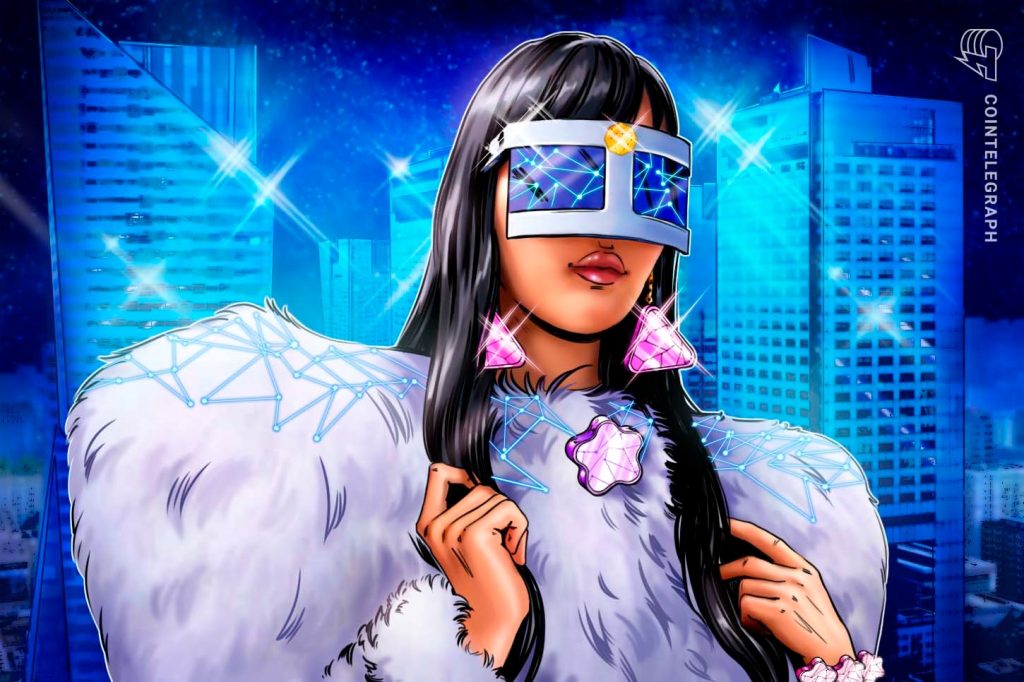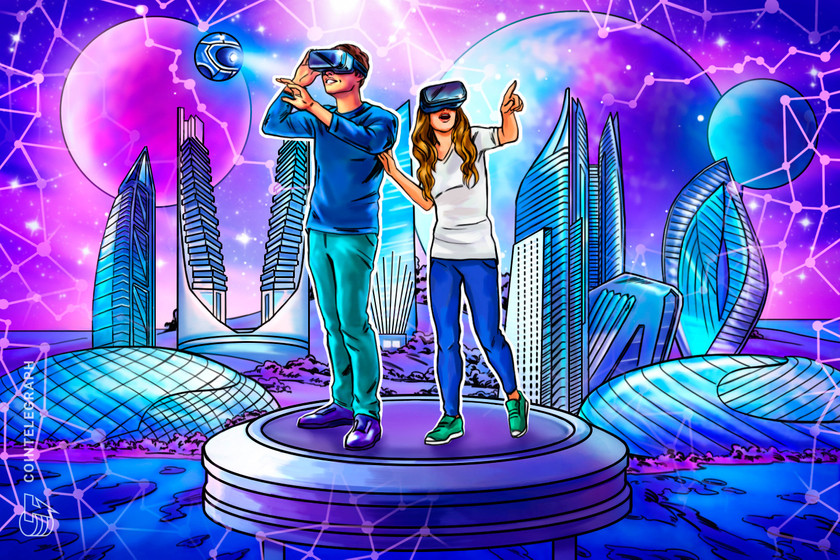Firms combine blockchain and AR to develop port maintenance system


The project aims to increase the traceability of port maintenance operations by implementing blockchain certification.
Blockchain solutions provider Jelurida has partnered with augmented reality (AR) firm Aumenta Solutions to develop a maintenance system for port infrastructures.
According to an announcement sent to Cointelegraph, the project aims to increase efficiency, reduce downtime and enhance the accuracy of maintenance tasks for ports, which are important in servicing ships, cargo and passengers.
Back in 2020, a research group from the University of Girona and Aumenta Solutions collaborated to develop a blockchain-based maintenance system, combining blockchain certification and AR, to increase the traceability of maintenance operations.
At present, Aumenta Solutions and information technology firm MSI are aiming to target the global port infrastructure market with the technology. According to Pere Roset, the managing partner at Aumenta Solutions, their project relies on the blockchain certification program. Roset explained:
“The certification program is an important component of the project, ensuring that maintenance tasks are done properly at the right place and at the right time.”
Francisco Sarrias from Jelurida also commented on the importance of AR for maintenance. Sarrias describes AR as a “game-changer” as it allows workers to access digital information in real time. “We are excited to introduce this new technology to the industry and help drive innovation in maintenance processes,” Sarrias said.
Related: AI bots mingled at a bar and had a party when researchers gave them a town
AR has been consistently seen being used within the Web3 space. At the recent Metaverse Fashion Week, a hybrid AR fashion runway was cast at the Piazza of Duomo di Milano, which is one of the most iconic locations in Milan, Italy.
Meanwhile, whisky producer Jack Daniels has also recently created a Web3 campaign utilizing AR and Polygon-based digital collectibles. The campaign will let participants collect digital crates that contain various rewards like gift vouchers and trips to Jack Daniel’s distillery.
Magazine: 4 out of 10 NFT sales are fake: Learn to spot the signs of wash trading








